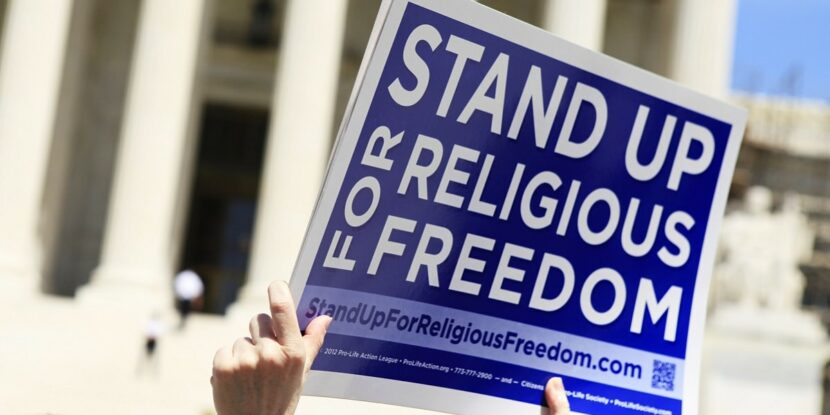Yesterday, the Supreme Court ruled unanimously that faith-based nonprofits can be treated in the same way as churches in regards to exemptions to federal retirement plan requirements. This decision, considered a victory by advocates of religious freedom, shows a noteworthy deference by the justices to religious institutions.
The case, Advocate Health Care Network v. Stapleton, involves the 1974 Employee Retirement Income Security Act (ERISA) which granted “church plans” more flexibility than most other corporations’ retirement plans.
Shortly after ERISA was enacted, the IRS told an order of Catholic nuns that their hospital was not included in the exemption because hospitals do not involve “religious functions.”
In 1980, Congress responded by passing an amendment to include the hospital and other religious institutions in the exemption:
“A plan established and maintained for its employees…by a church…includes a plan maintained by an organization…the principal purpose…of which is the administration or funding of [such] plan…for the employees of a church…, if such organization is controlled by or associated with a church.” §1002(33)(C)(i)
In yesterday’s case, Maria Stapleton and other employees of Advocate Health Care Network argued that the hospital had breached its duty by failing to adhere to ERISA’s retirement plan requirements. The defendants, three church-affiliated nonprofits, held that their plans were protected under the 1980 amendment’s expansion of “church plans.”
In its 8-0 decision, the Court ruled that the amendment did intend for religious nonprofits’ plans to be considered “church plans” and, therefore, to be exempt from some of ERISA’s restrictions:
The three federal agencies responsible for administering ERISA have long read those provisions, when taken together, to exempt plans like the hospitals’ from the statute’s mandates.
This case has been watched closely by those curious for a hint as to how the Court might rule on cases involving religious nonprofits desiring exemptions from Obamacare’s contraceptive mandate. So far, the closest the Court has gotten to deciding that issue was last May, when the justices remanded the Little Sisters of the Poor case back to the lower courts and suggested an accommodation so that the sisters did not have to include contraceptives in their healthcare plan.
Analysts say that Monday’s decision signaled a deference to churches which could play a role in future religious exemption cases.
Jordan Lorence, an attorney at Alliance Defending Freedom, praised the opinion saying, “It grants a very broad view of church autonomy which I think is great…It pushes back government regulation of internal church affairs.”
Stuart Lark, a partner at Sherman & Howard, also noted:
It’s fair to say that the court’s approach to interpreting the statute is one which is favorable to religious organizations and could help in other kinds of cases where an interpretation of regulations or statute may be required.
While this decision puts the pensions of employees of certain religiously-affiliated organizations into jeopardy, proponents of religious exemptions seem to be satisfied with it as they look into the wider horizon of how this case could affect future religious liberty Supreme Court cases.
Photo credit: American Life League via Flickr, CC BY-NC 2.0


